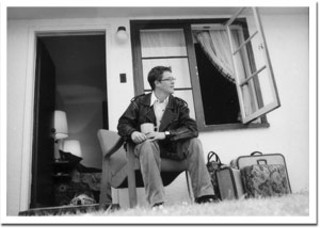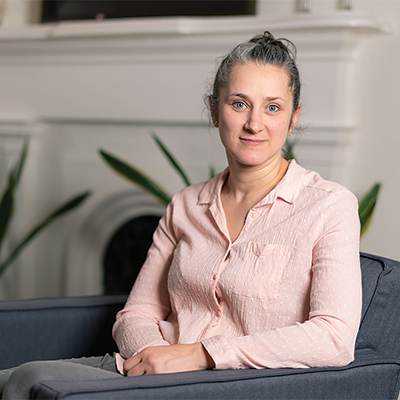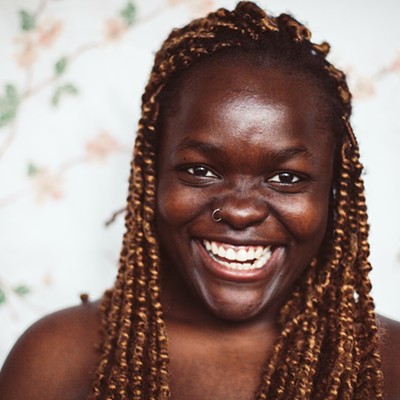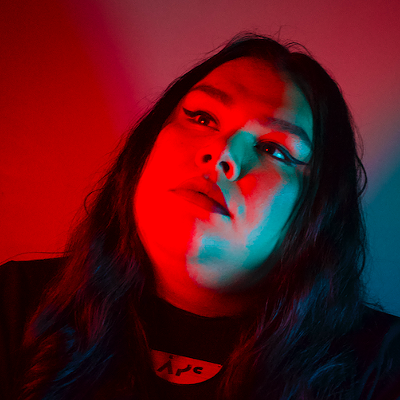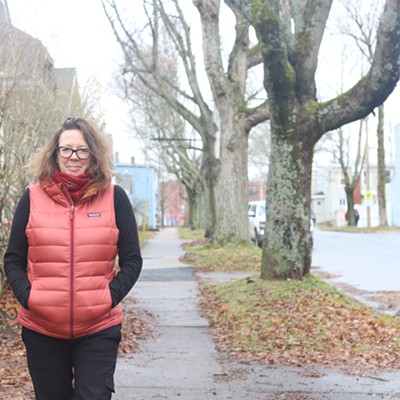With a name like Ivan E. Coyote, it’s surprising---ironic---the artist remains elusive. Coyote has made a name for herself writing stories about the wilds of the Yukon, gender-bending and growing up rough and tough, and will bring her stories to Halifax during the first week of March.
In some native mythologies, the coyote is known to cross between genders. While Coyote doesn’t like to discuss her appearance, it’s in her ambiguous nature that she crosses lines. When she emerged in the late ’90s as part of the queer performance group Taste This, the politics of gender and sexuality were at the forefront of her stories.
“It was a part of my viewpoint into the world. It was just that part of myself that affected how the world viewed me,” says Coyote, calling from her home outside Ottawa. “Now I’m done with that. I’m interested in other things and exploring other topics.”
That said, in the 10 years since Taste This, Coyote has written three short-story collections, Close to Spider Man, This Man’s Trash and Loose Ends. She’s also published a novel, Bow Grip, and has written for the Vancouver Sun, The Georgia Straight, Curve magazine and Xtra West.
Despite her literary success, Coyote still considers herself an oral storyteller first and foremost. (Ironically, the phone call doesn’t go well and the conversation is switched to email.) Her stories centre on her childhood. Her close study of character and contemplation of the human condition began at a young age.
Coyote credits family gatherings as her first inspiration. “I just remember storytelling around the table as a backdrop to almost everything,” she writes.
“There’s tea involved---black tea, sometimes coffee---usually after the food has been slid aside---not always, though. Used to be that there was cigarette smoke everywhere, but that’s changing with the times. There’s usually about as many versions of every particular story as there are people at the table.”
Coyote brings to life her memories of growing up in the north and taps into to her family for character inspiration.
“My grandmother says that every single one of us has at least 1,000 great tales to tell. If you multiply that by the number of people you might meet or interact with on a given day, think of the possible number of stories you could stumble across.”
This storyteller finds that once she opens herself up, others follow. “The thing about a good story is it spreads. Telling a good story will only beget more stories. It’s the old ‘that reminds me of the time...’ phenomenon.
“Storytelling for me is a way for people to connect to one another on a human level. It is accessible to everyone. Some of the best storytellers I’ve ever heard are farmers or truck drivers. Storytelling belongs to everyone.”
Coyote has learned a great deal about human nature during her travels across North America. “Storytelling for me is a way for people to connect to one another on a human level.
“It captures and collects and nurtures and archives all the things about life that cannot be photographed or videotaped or even, in some cases, written down.”
Her career has allowed her to reach a wide audience. While she doesn’t like to talk about her sexuality, Coyote respects the fact that the underlying themes of gender variations in her work have had an impact on youth struggling with their feelings of isolation.
“I had a kid stop me on a train in Toronto one time and tell me that he was on the verge of suicide when he was a young queer teen in a small town and that reading one of my books made him realize he was not alone. He told me that I had literally kept him from killing himself.”
Coyote has heroes herself: Some of her best stories are about them. They’re all strong in their individual ways. Coyote writes about her eight-year-old cross-dressing godson Francis, which brings out Coyote’s own heart in her writing.
In a story titled “A Week Straight” that was published in Loose Ends, Coyote writes, “My own seven-year-old loneliness forged my promise to him to see that things will, indeed, be different for us as a team.”

